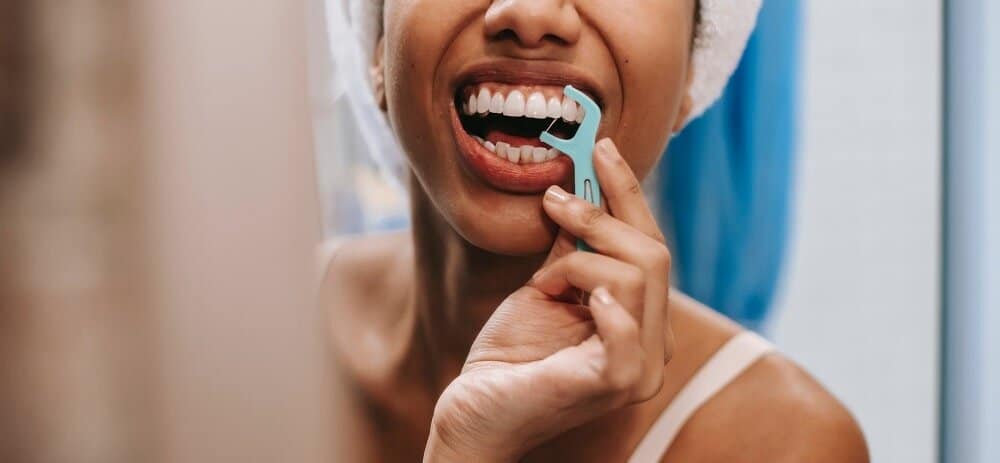Bleeding gums after flossing usually indicates a problem that could be minor or serious. Fortunately, if you identify the cause of the issue early, you can eliminate it quickly. Below, we’ll discuss some reasons as to why your gums might bleed when you floss.
Trident General Dentistry offers superior dental care in Charleston, SC. Book an appointment with us today!
Poor Flossing Habits and Technique
Flossing is critically important in preventing gum disease. But if you miss a day or two of flossing, or if you’re new to flossing, you may notice bleeding gums when you resume. Don’t panic when this happens, because you can stop the bleeding with regular flossing after a day or two.
Flossing can also cause bleeding gums if you use a poor technique. You can cause healthy gums to bleed if you floss too vigorously, too deeply, or use the wrong flossing motion. Our dental hygienist can instruct you in the proper way to floss for healthy gums.
Dental Plaque
Gum disease can also cause bleeding gums. In its initial stages, this is called gingivitis, which results from plaque remaining on your teeth. Some people build up plaque faster than others do, but everyone has plaque that must be removed daily to keep healthy teeth and gums. Plaque is colorless, sticky, and contains bacteria that produce acids that cause oral disease.
Initially, plaque causes inflamed gums and bad breath. During this early stage of gingivitis, your gums can bleed after flossing, brushing your teeth, or eating. You can remove plaque with proper flossing and brushing. However, if plaque stays on your teeth, a more severe gum disease develops called periodontitis. Periodontitis can lead to extensive dental treatment and possibly the loss of teeth.
Defective Filling or Crown
Dental fillings and dental crowns eventually need replacing. One of the signs of this need is bleeding gums after flossing, brushing, or even without instigation. Fillings can loosen and keep gums irritated even with good oral hygiene habits. Crowns can also create inflammation in your gums until you replace the defective restoration. Regular dental checkups help eliminate serious problems developing from defective fillings and crowns.
Tartar on Teeth
Dental plaque is a soft film that forms quickly on teeth that you can remove with brushing and flossing. If plaque remains, it hardens into dental tartar, which you cannot remove. Tartar keeps gums inflamed and bleeding even if you floss. Tartar requires removal by a dental professional. If you allow tartar to remain too long on teeth, you begin losing the bony support of teeth. This results in loosening and possibly the loss of teeth.
Hormonal Changes
Women can experience bleeding gums due to hormonal changes. This is common during the second to eighth months of pregnancy. If you notice that your gums are bleeding more after flossing and you’re pregnant, hormonal changes may be the cause. Sometimes we recommend more frequent professional cleanings during this time to prevent pregnancy gingivitis.
Medications
Some medications can make your gums more prone to bleeding after flossing. These include blood thinners, aspirin, ibuprofen, and some blood pressure medications. If you notice bleeding gums more frequently after starting a medication, talk to Trident General Dentistry about steps you can take to keep your gums healthy during this time.
Schedule an Appointment with Trident General Dentistry
It’s important to know why your gums might bleed when you floss. At Trident General Dentistry, our goal is to help you keep your teeth and gums healthy. If you’re concerned about bleeding gums after flossing, contact Trident General Dentistry for a consultation.

